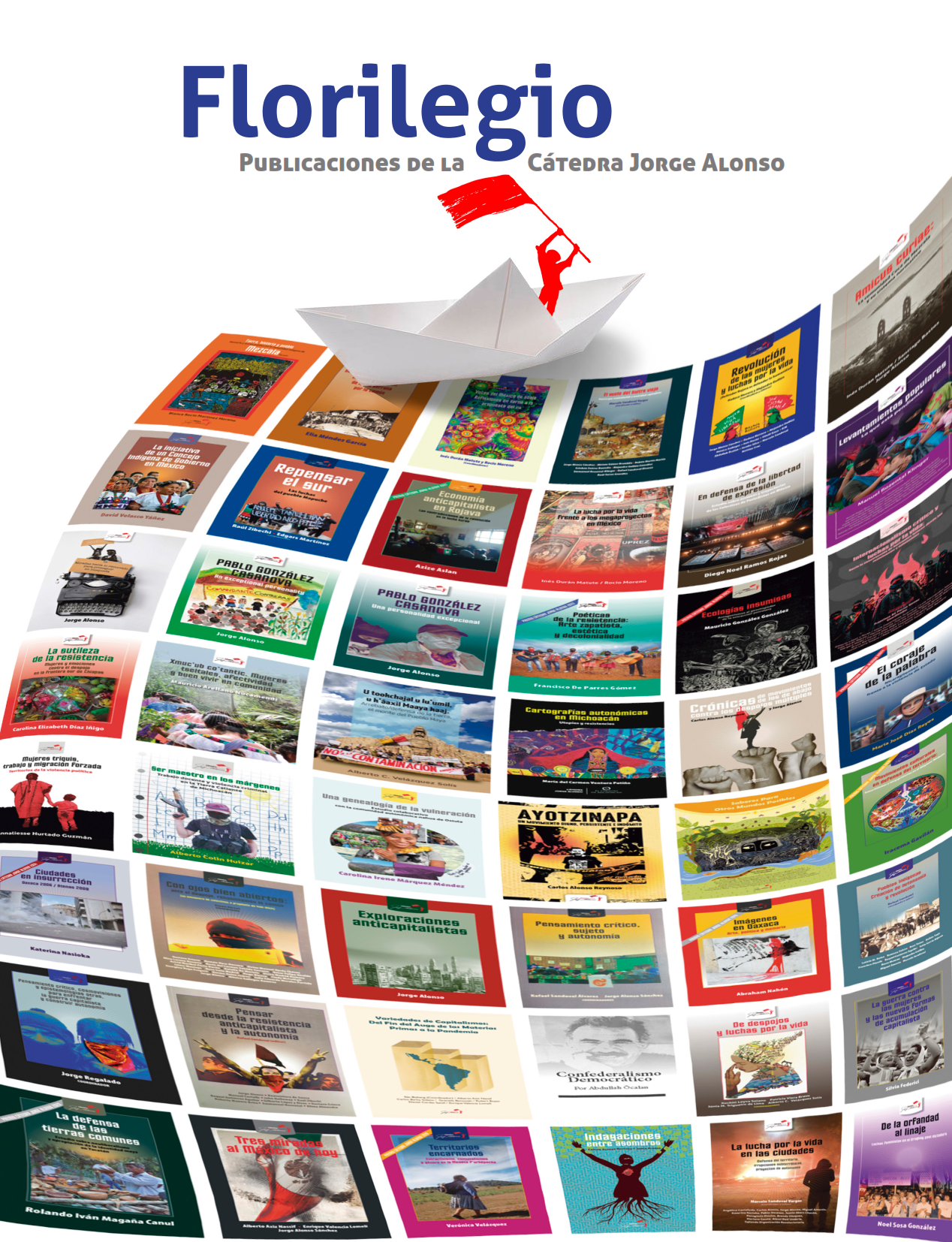Marx, el marxismo y el problema del eurocentrismo
Resumen
Este artículo se propone revisar y evaluar la acusación de eurocentrismo que a menudo se formula contra Marx y el marxismo. El ensayo comienza con una evaluación del reciente intento de Esteban Torres de exculpar, al menos parcialmente, a Marx y al marxismo de esta acusación. El texto relaciona la discusión de Torres sobre el problema con polémicas más amplias en torno al tema. Se centra en los debates sobre la evolución de las opiniones de Marx sobre el colonialismo europeo y su relación con el capitalismo. Presta especial atención a las críticas postcoloniales de Edward Said y Dipesh Chakrabarty, así como a las críticas decoloniales más recientes de Walter Mignolo y Ramón Grosfoguel. También considera las respuestas marxistas a las mismas. Concluye con una reivindicación de las contribuciones de los "marxistas del Tercer Mundo" heterodoxos, como Frantz Fanon y Aimé Césaire, argumentando que lo que está en juego en esas figuras que piensan desde y para el Sur Global no es una lógica de difusión, imitación y mimetismo, sino que puede describirse más exactamente como esfuerzos de traducción, reinvención y apropiación creativa.
Citas
ANDERSON, K. (2010). Marx at the Margins. On Nationalism, Ethnicity, and Non-Western Societies (The University of Chicago Press).
CHIBBER, V. (2013). Postcolonial Theory and the Specter of Capital (London: Verso).
CHKRABARTY, D. (2007). Provincializing Europe. Postcolonial Thought and Historical Difference (Princeton, NJ: Princeton University Press).
DEPESTRE, R. (2000). “An Interview with Aimé Césaire,” in A. Césaire, Discourse on Colonialism (New York, NY: Monthly Review Press), pp.79-94.
DUSSEL, E. (2000). “The Four Drafts of Capital. Towards a New Interpretation of the Dialectical Thought of Marx,” https://www.mtholyoke.edu/~fmoseley/Dussel.pdf
FANON, F. (1963). The Wretched of the Earth (New York, NY: Grove Press).
GETACHEW, A. (2019). Worldmaking after Empire. The Rise and Fall of Self-Determination (Princeton, N.J.: Princeton University Press, 2019).
GROSFOGUEL, R. (2012). “Decolonizing Western Uni-versalisms. Decolonial Pluriversalism from Aimé Césaire to the Zapatistas,” Transmodernity, pp.88-102.
HASSAN, S. (2012). “How to Liberate Marx from his Eurocentrism: Notes on African/Black Marxism,” 100 Notes – 100 Thoughts, No. 91, pp.3-8.
KELLEY, R. (2000). “A Poetics of Anticolonialism.” Introduction to A. Césaire, Discourse on Colonialism (New York, NY: Monthly Review Press), pp.7-28.
LINDNER, K. (2010). “Marx’s Eurocentrism. Postcolonial Studies and Marx Scholarship,” Radical Philosophy, Vol. 161, pp.27-41.
MARX, K. (1853/2005). “The British Rule in India,” https://www.marxists.org/archive/marx/works/1853/06/25.htm
MARX, K. (1867/2015). Capital. Volume One. https://www.marxists.org/archive/marx/works/download/pdf/Capital-Volume-I.pdf
MIGNOLO, W. (2011). The Darker Side of Modernity. Global Futures, Decolonial Options (Durham, NC: Duke University Press).
MIGNOLO, W. and Walsh, C. eds. (2018). On Decoloniality: Concepts, Analytics, Praxis (Durham, NC: Duke University Press).
PARRY, B. (2011). “Liberation Theory: Variations on Themes of Marxism and Modernity,” in C. Bartolovitch and N. Lazarus, Marxism, Modernity and Postcolonial Studies (Cambridge University Press), pp.125-149.
RAO, R. (2017). “Recovering Reparative Readings of Postcolonialism and Marxism,” Critical Sociology, Vol. 43, No. 4-5, pp.587-598.
ROBINSON, R. (2019). “Decolonization, Decoloniality, Marxism,” Marxism, Coloniality, “Man”, & Euromodern Science – Maehkōn Ahpēhtesewen (wordpress.com)
SAID, E. (1979). Orientalism (New York: Vintage Books).
SALEM, S. (2019). “‘Stretching’ Marxism in the Postcolonial World. Egyptian Decolonization and the Contradictions of National Sovereignty,” Historical Materialism, Vol. 27, No. 4, pp.3-28.
TORRES, E. (2021). La gran transformación de la sociología (1a ed. Córdoba: Universidad Nacional de Córdoba, Facultad de Ciencias Sociales; Buenos Aires: CLACSO).
WILDER, G. (2015). Freedom Time. Negritude, Decolonization, and the Future of the World (Duke University Press).
WORKERS’ VANGUARD. (2013). “Reply to Letter on Marx, Maximilian, and Mexico,” WV, No. 1015, 11 January. https://www.icl-fi.org/english/wv/1015/let-mexico.html
YOUNG, R. (2016). Postcolonialism. An Historical Introduction (Wiley Blackwell).
ŽIŽEK, S. (2010). Living in the End Times (London: Verso).
Derechos de autor 2023 Thomas MILEY

Esta obra está bajo licencia internacional Creative Commons Reconocimiento-NoComercial-CompartirIgual 4.0.









